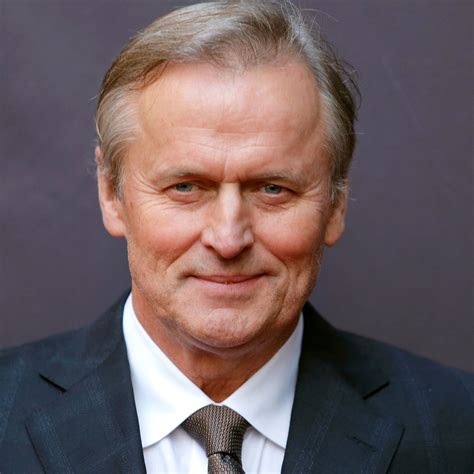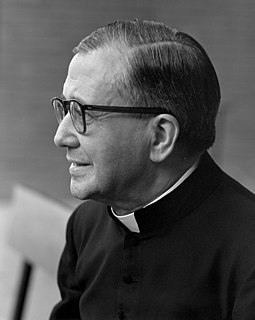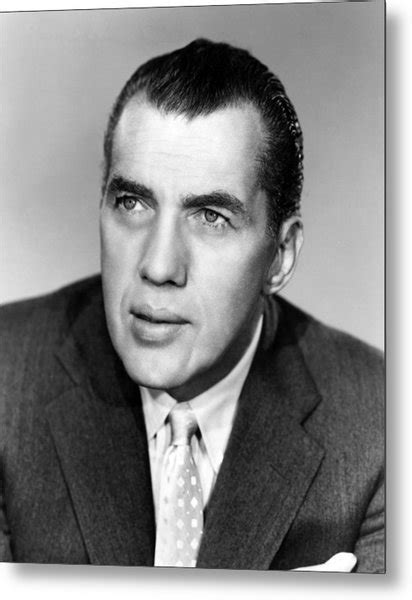A Quote by John Marmysz
Though nihilism has been relentlessly criticized for overemphasizing the dark side of human experience, it might be equally true that this overemphasis represents a needed counterbalance to shallow optimism and arrogant confidence in human power. Nihilism reminds us that we are not gods, and that despite all of the accomplishments and wonders of civilization, humans cannot alter the fact that they possess only a finite amount of mastery and control over their own destinies.
Quote Topics
Accomplishments
Alter
Amount
Arrogant
Been
Cannot
Civilization
Confidence
Control
Criticized
Dark
Dark Side
Despite
Equally
Experience
Fact
Finite
Gods
Human
Human Experience
Human Power
Humans
Mastery
Might
Needed
Nihilism
Only
Optimism
Over
Own
Possess
Power
Reminds
Represents
Shallow
Side
Though
True
Us
Wonders
Related Quotes
...What is at stake is civilization and humanity, nothing less. The idea that everything is permitted, as Nietzsche put it, rests on the premise of nihilism and has nihilistic implications. I will not pretend that the case against nihilism and for civilization is an easy one to make. We are here confronting the most fundamental of philosophical questions, on the deepest levels. In short, the matter of pornography and obscenity is not a trivial one, and only superficial minds can take a bland and untroubled view of it.
What sort of power is it that really and truly renders the deity present? Human beings automatically think of God as someone who possesses and wields power. Jesus forces people to consider whether that deeply rooted conviction is true or not. In historical terms it is readily apparent that power, left to its own inertial tendencies, tends to be oppressive in fact. So it cannot be the ultimate meditation of God, though human beings might tend to think so
When it comes to power as it functions between humans, it all comes down to desire. If you know what someone wants, you can control them. It is as simple as that. And the reverse is also true: If you have control over your own desires, no one will ever own you. As humans, we are plagued with desire - it consumes us, it fuels us, it destroys us.
Christian optimism is not a sugary optimism, nor is it a mere human confidence that everything will turn out all right. It is an optimism that sinks its roots into an awareness of our freedom, and the sure knowledge of the power of grace. It is an optimism that leads us to make demands on ourselves, to struggle to respond at every moment to God's call.
When it comes to explaining human thought and behavior, the possibility that heredity plays any role at all still has the power to shock. To acknowledge human nature, many think, is to endorse racism, sexism, war, greed, genocide, nihilism, reactionary politics, and neglect of children and the disadvantaged. Any claim that the mind has an innate organization strikes people not as a hypothesis that might be incorrect but as a thought it is immoral to think.
My own experience of over 60 years in biomedical research amply demonstrated that without the use of animals and of human beings, it would have been impossible to acquire the important knowledge needed to prevent much suffering and premature death not only among humans but also among [other] animals.
There is a tendency among many shallow thinkers of our day to teach that every human act is a reflex, over which we do not exercise human control. They would rate a generous deed as no more praiseworthy than a wink, a crime as no more voluntary than a sneeze. . . Such a philosophy undercuts all human dignity. . . All of us have the power of choice in action at every moment of our lives.
We all have weak moments, moments where we lose faith, but it's our flaws, our weaknesses that make us human. Science now performs miracles like the gods of old, creating life from blood cells or bacteria, or a spark of metal. But they're perfect creatures and in that way they couldn't be less human. There are things machines will never do, they cannot possess faith, they cannot commune with God. They cannot appreciate beauty, they cannot create art. If they ever learn these things, they won't have to destroy us, they'll be us.
For indeed Christianity was complicit in the death of antiquity, and in the birth of modernity, not because it was an accomplice of the latter, but because it, alone in the history of the West, constituted a rejection of and alternative to nihilism's despair, violence, and idolatry of power; as such, Christianity shattered the imposing and enchanting facade behind which nihilism once hid, and thereby, inadvertently, called it forth into the open.



































